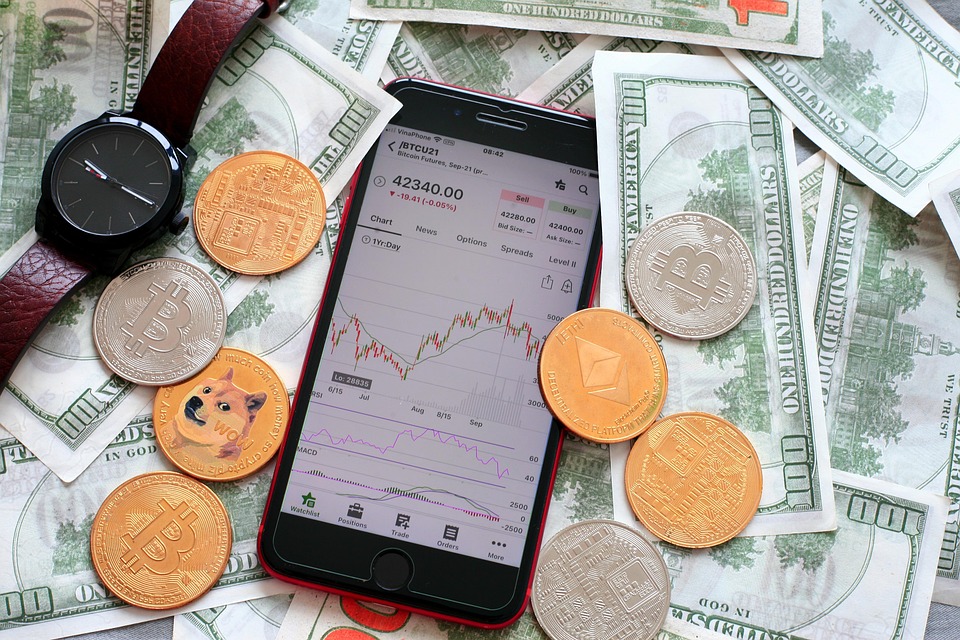How RBC Direct Investing Trading Hours Affect Your Investment Decisions
In the fast-paced world of investing, timing can be everything. For investors using RBC Direct Investing, understanding trading hours is crucial for making informed decisions. The trading hours of a brokerage can significantly impact your investment strategy, execution of trades, and overall market engagement. This article explores how RBC Direct Investing’s trading hours can influence your investment decisions.
Understanding RBC Direct Investing Trading Hours
RBC Direct Investing typically aligns its trading hours with the major North American stock exchanges. The primary trading hours for the Toronto Stock Exchange (TSX) and the New York Stock Exchange (NYSE) are from 9:30 AM to 4:00 PM Eastern Time, Monday through Friday, excluding holidays. Additionally, RBC Direct Investing offers after-hours trading, which allows investors to buy and sell securities outside of regular trading hours, typically from 4:00 PM to 8:00 PM ET.
The Impact of Trading Hours on Investment Strategies
The trading hours of RBC Direct Investing can significantly influence various investment strategies. For day traders, who rely on short-term price movements, the regular trading hours are critical. These investors need to be active during peak market hours when liquidity is high and price volatility can lead to profitable opportunities.
Conversely, long-term investors may not be as affected by trading hours since their strategies focus on the overall performance of their investments over time. However, they still need to be aware of trading hours to ensure they can execute trades when necessary, especially during significant market events or earnings releases.
After-Hours Trading: Opportunities and Risks
RBC Direct Investing’s after-hours trading feature provides additional flexibility for investors. This can be particularly advantageous for those who want to react to news or events that occur outside of regular trading hours. For instance, if a company announces earnings after the market closes, investors can trade on that information before the market opens the next day.
However, after-hours trading also comes with its own set of risks. The volume of trades is typically lower, which can lead to wider bid-ask spreads and increased price volatility. Investors must be cautious and consider these factors when making decisions during after-hours trading.
Market Conditions and Trading Hours
Market conditions can vary significantly throughout the trading day. The opening hour often sees heightened activity as investors react to news and overnight developments. Midday trading may experience lower volume, while the final hour can see a surge in activity as traders position themselves ahead of the market close. Understanding these patterns can help investors time their trades more effectively.
For RBC Direct Investing clients, being aware of these fluctuations can inform when to enter or exit positions. For example, if an investor anticipates a significant market movement based on news, they may choose to execute trades during the opening hour to capitalize on that momentum.
Conclusion
In conclusion, the trading hours of RBC Direct Investing play a vital role in shaping investment decisions. Whether you are a day trader looking to capitalize on short-term movements or a long-term investor monitoring market conditions, understanding the implications of trading hours is essential. By leveraging both regular and after-hours trading, investors can enhance their strategies and make more informed decisions in the ever-evolving market landscape. As always, it is crucial to stay informed and consider the risks associated with trading during different hours to optimize your investment outcomes.



